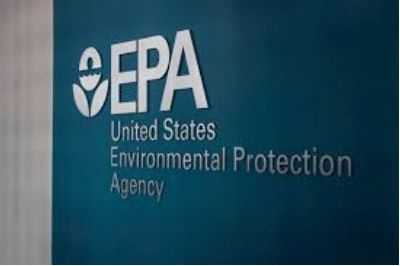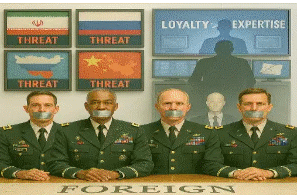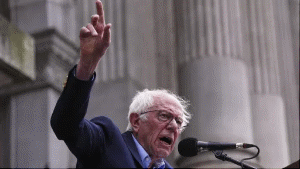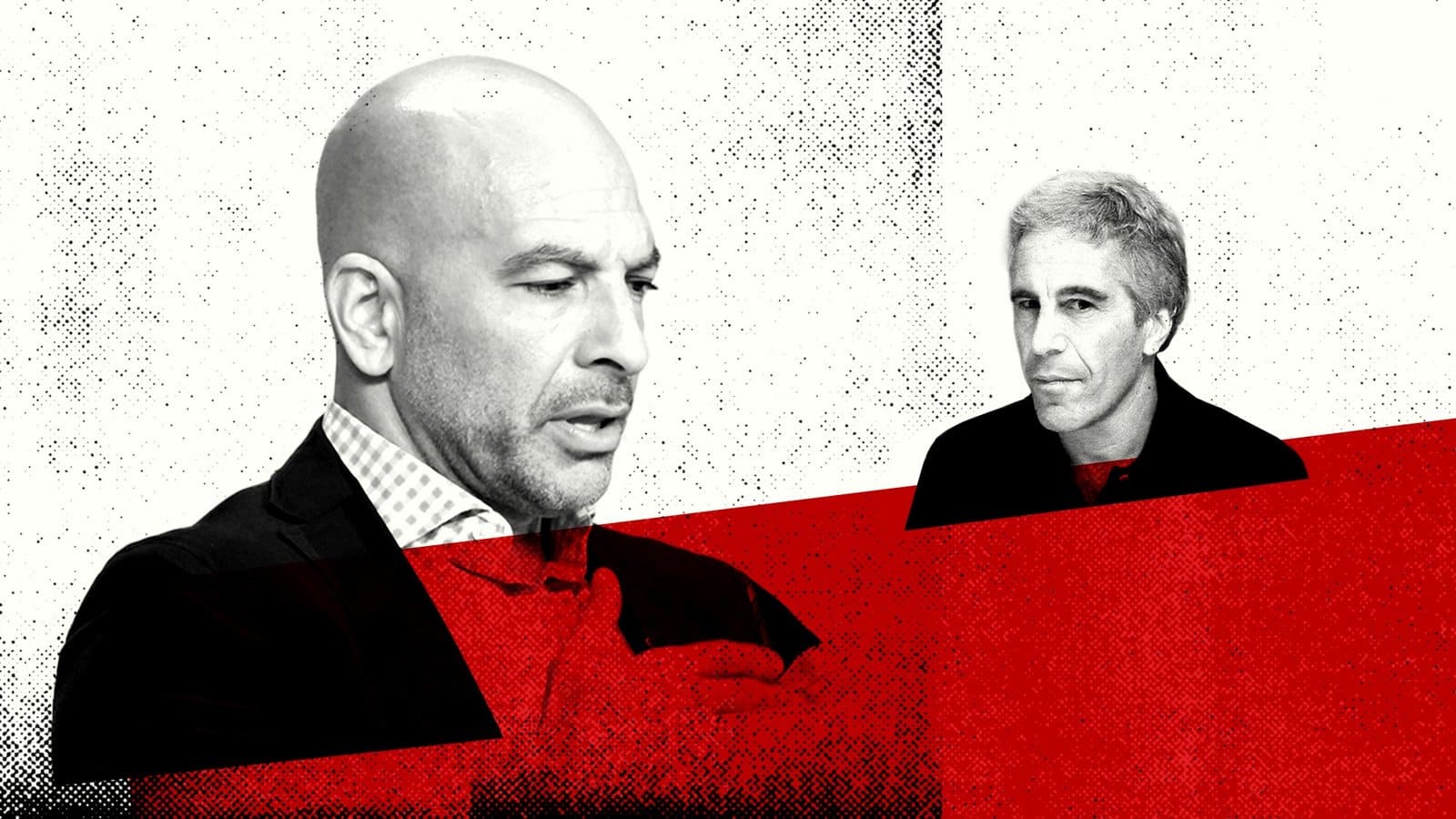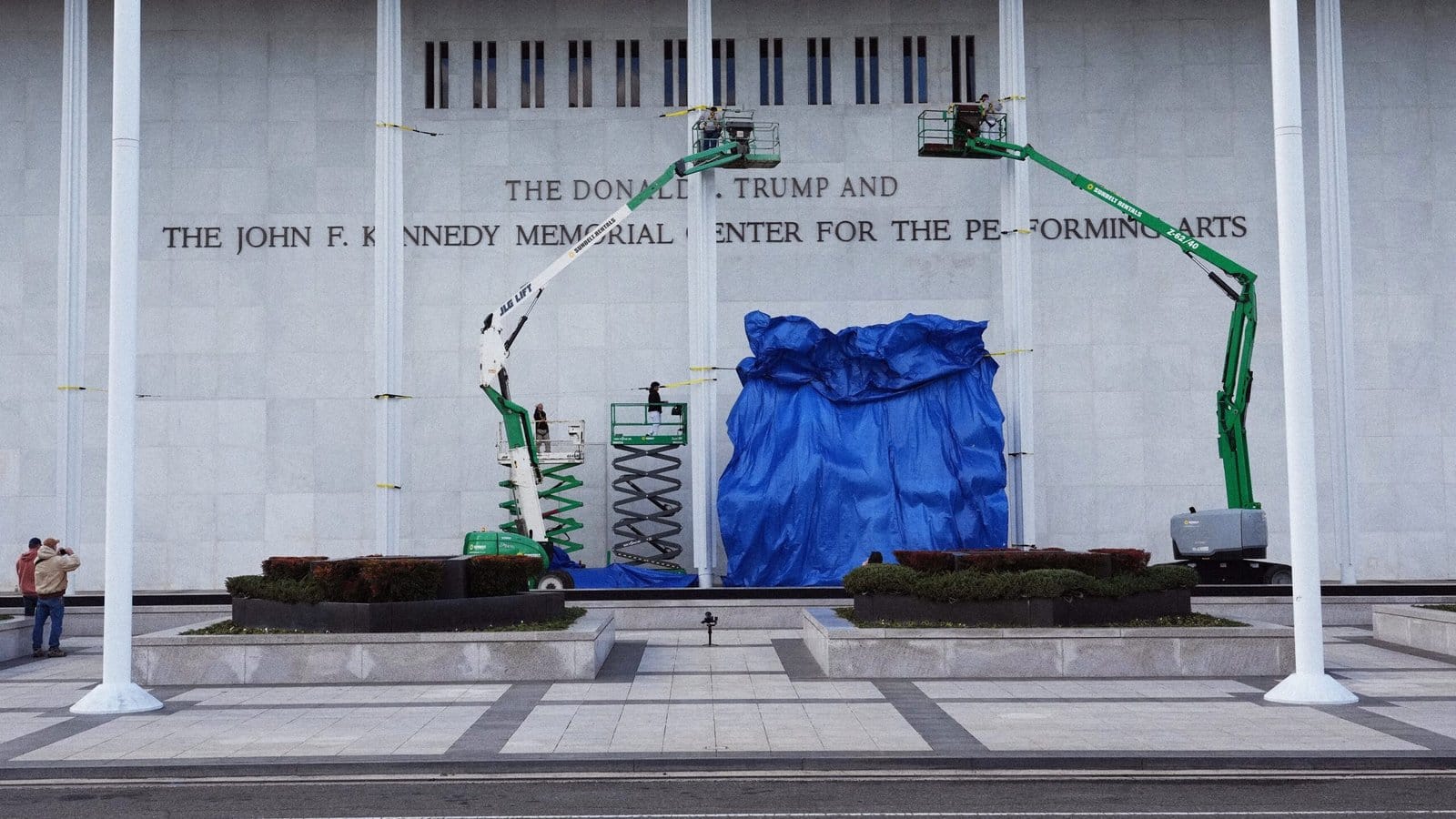
Gaza Becomes Deadliest Conflict for Journalists as Global Outcry Mounts Amidst Calls for Accountability
The ongoing conflict between Israel and Hamas has rapidly transformed the Gaza Strip into the most perilous place globally for journalists, with an unprecedented number of media professionals killed in a remarkably short period. This devastating toll on the press raises urgent questions about protecting journalists in particular and in war zones specifically, and the international communityÔÇÖs response. The sheer concentration of journalist deaths within a relatively short period signifies a fundamental shift in conflict reporting dangers, moving beyond incidental casualties to a concerning pattern that warrants deeper scrutiny.
GazaÔÇÖs Unprecedented Toll on the Press
The scale of journalist fatalities in Gaza is stark. As of June 12, 2025, the Committee to Protect Journalists (CPJ) documented 178 journalists killed, comprising 176 Palestinians and 2 Israelis. Similarly, the International Federation of Journalists (IFJ) reported 174 journalists and media workers killed, with 170 Palestinians and 4 Israelis, as of June 5, 2025. Other reports from the Gaza Government Media Office show an even higher figure, stating that Israel has killed 237 to 238 Palestinian journalists since October 2023.
The overwhelming majority of those killed are Palestinian journalists, a disproportionate number that underscores a severe threat environment. An Israeli airstrike killed Anas al-Sharif, a prominent Al Jazeera correspondent, and four of his colleagues. The Israeli military claimed al-Sharif was a ÔÇťterrorist,ÔÇŁ a claim vehemently rejected by press freedom groups as unsubstantiated. This pattern of labeling journalists as militants without credible evidence raises serious questions about intent and respect for press freedom.
The pervasive danger extends to journalistsÔÇÖ families, with many reports of media professionals killed in their homes or alongside their loved ones. For instance, an airstrike killed nine family members of CNN producer Ibrahim Dahman. The mother of Al Arabiya journalist Ahmad al-Batta, and the wife and children of journalist Sameer Radi also died in strikes. The disproportionate number of Palestinian journalists killed, often alongside their families, suggests a broader targeting or indiscriminate nature of attacks that blurs the lines between combatants and civilians, eroding the fundamental protections afforded to journalists. This stark asymmetry, along with reports of strikes on homes and claims of ÔÇťdeliberate targetingÔÇŁ by organizations, shows that Palestinian journalists are not just the victims of reckless attacks.
A Grim Historical Comparison
The rapid accumulation of journalist fatalities in Gaza is unprecedented when compared to other major conflicts of the past.
Conflict                                    Duration (Years)                   Appr. No. of Journalists Killed              Sources
Gaza War (Oct 2023-)             Less than 2                                   170-238+                                                     CPJ, IFJ, Gaza Gov. Media Office
World War II (1939-1945)      6                                                      69                                                                 Al Jazeera
Vietnam War (1955-1975)       20                                                    63-66                                                           Reporters Without Borders, CBS
Afghanistan(2001-2021)         20                                                   72                                                                 Amnesty International 
Adding up the totals for the WW2, Vietnam, and Afghanistan wars, there were approximately 207 journalists killed in 46 years of battle. That equals 4.5 deaths of journalists each year. Reports reveal that the tragic loss of journalists in Gaza is occurring at a rate of approximately 130 individuals per year. This can not be completely accidental 
Such a high rate of killing could lead to a severe information vacuum, as fewer journalists are able or willing to report from such a dangerous zone, hindering the worldÔÇÖs understanding of the conflict.
The Imperative of Press Protection
Journalist organizations have issued strong condemnations, emphasizing the critical need to protect media workers in conflict zones. Sara Qudah, CPJ regional director, stated, ÔÇťIsraelÔÇÖs pattern of labelling journalists as militants without providing credible evidence raises serious questions about its intent and respect for press freedom.ÔÇŁ She added, ÔÇťJournalists are civilians and must never be targeted. Those responsible for these killings must be held accountable.ÔÇŁ
Reporters Without Borders (RSF) has condemned what it calls the ÔÇťeradication of journalism and the right to information in Gaza by the Israeli army.ÔÇŁ RSF warned that ÔÇťWithout strong action by the international community… we risk seeing more such extrajudicial killings of media professionals,ÔÇŁ and has filed complaints with the International Criminal Court (ICC). The IFJ has called for an immediate investigation into their deaths and powerfully asserted, ÔÇťJournalism is not a crime. Reporting is not terrorism. The erasure of journalists is not ÔÇścollateral damageÔÇÖ – it is a warning shot to the world, a signal that no truth is safe and no witness is welcome.ÔÇŁ The IFJ also advocates for a UN convention on the safety of journalists.
International humanitarian law (IHL) considers and protects journalists as civilians, provided they do not directly take part in hostilities. The Geneva Conventions and Additional Protocol I also enshrine this protection, and they require respect and protection for journalists who do not directly take part in hostilities.
The consistent and strong condemnation from leading journalist organizations, coupled with their direct accusations of deliberate targeting and calls for international investigations, present a widespread belief that existing international laws protecting journalists are being systematically disregarded in Gaza, establishing the foundation for a war crimes investigation. When major international bodies that monitor press freedom and uphold IHL make such powerful statements and take legal action, it suggests a serious breakdown of the rule of law in conflict zones concerning journalists. If these allegations prove true, this would set a dangerous precedent, signaling to other actors in future conflicts that they could target journalists without punishment, chilling investigative reporting and the flow of information from war zones globally.
Global Silence and USA Accountability
Despite the mounting evidence and urgent pleas from journalist organizations, there has been a notable lack of strong condemnation or decisive action from major world powers, particularly the United States, under the current administration of President Donald Trump. The Gaza Government Media Office has explicitly held ÔÇťIsrael, the US and all countries ÔÇśinvolved in the genocideÔÇÖ fully responsible for the systematic crimes against journalistsÔÇŁ. The United States has defended Israel at the Security Council, asserting IsraelÔÇÖs right to determine its security needs, and has used its veto power to block proposed actions.
This inaction by the US government is deeply problematic, especially given President TrumpÔÇÖs consistent challenge to the legitimacy of the media and press. In his current second term, Trump continues to label negative reports as ÔÇťfake newsÔÇŁ and insists on regulating news content and tone. His administrationÔÇÖs actions have created a ÔÇťchilling effectÔÇŁ on media freedoms, leading to increased safety concerns for newsrooms across the country. He has used lawsuits against media outlets, such as CBS and The Wall Street Journal, to threaten press independence and compel self-censorship. TrumpÔÇÖs rhetoric, including referring to journalists as ÔÇťenemies of the people,ÔÇŁ has contributed to an atmosphere of hostility. Actions like limiting White House access, politicizing regulatory agencies, and threatening public broadcasters set a ÔÇťconcerning tone for local governments domestically, and authoritarian-minded rulers globallyÔÇŁ.
This inaction and lack of strong condemnation regarding journalist killings in Gaza, coupled with President TrumpÔÇÖs ongoing domestic rhetoric undermining press legitimacy, creates a dangerous global precedent that emboldens authoritarian regimes and further erodes the international protection of journalists.
US Senator Bernie Sanders is one of the few leaders who have voiced strong criticism, stating that Israel is ÔÇťbecoming almost a pariah stateÔÇŁ over its war in Gaza and urging the US to halt military aid, accusing Israel of committing war crimes. This highlights growing internal dissent within the US regarding its governmentÔÇÖs stance. The domestic weakening of press freedom advocacy and the perceived hypocrisy (condemning adversaries but not allies for similar actions) directly undermine the USÔÇÖs moral authority on the global stage.
A Call to Conscience
The systematic targeting and killing of journalists in Gaza represent an assault on truth and the publicÔÇÖs right to know. If the President of the United States and official governmental channels cannot condemn these actions unequivocally or take meaningful steps to ensure accountability, the responsibility to uphold the values of press freedom, human rights, and accountability falls to the citizens. This includes advocating for policy changes, supporting press freedom organizations, and demanding transparency from elected officials. The failure of governmental leadership to condemn actions against journalists in conflict zones places the burden of upholding democratic values and international norms directly on civil society, highlighting the critical role of public advocacy in filling the void left by official inaction. Silence from our leaders is unacceptable. The protection of press freedom and accountability are not solely governmental duties but collective moral obligations, particularly in a democracy where citizens can influence policy. It’s time to do more.
Here are some ways individuals can contribute:
First is to like, subscribe, and repost this article and my Substack, TheVanishingCenter. Put it out on other sites like Twitter, Threads, and Blue Sky. Let your friends on Facebook see you are concerned. Watch for other articles on this subject and more at WWW.TheVanishingCenter.com. I would be very grateful to all of you.
Support Quality Journalism: One of the most direct ways to support quality journalism is by subscribing to local news organizations, national news outlets, nonprofit newsrooms, or public radio stations. There are many quality journalists here on Stubstack who would love for you to subscribe. 
Advocate for Transparency: Bring up freedom of the press at every town hall you can go to. You can ask your local officials what they see as the value and impact of a free press and to explain how they are protecting the constitutional right to a free press. Put them on the spot and make them answer. 
Exercise Your Right to Information: Use Freedom of Information Act (FOIA) requests at the federal, state, and local levels to get public documents. Most FOIA requests come from members of the public, not just journalists, and agencies should answer them promptly. You can also encourage leaders to strengthen FOIA laws, ensuring agencies reimburse requesters for costs if they wrongly withhold documents and that requesters have the right to an independent review of denials.   
Push for Protective Legislation: Advocate for legislation that protects press freedom, such as a federal shield law, which allows journalists to protect confidential sources without fear of imprisonment. Also, support federal and state protections against ÔÇťStrategic Lawsuits Against Public ParticipationÔÇŁ (SLAPP) suits, which are often used to intimidate or bankrupt journalists and free speech advocates.┬á┬á┬á
Several reputable organizations promote journalistic freedoms and fight for the rights of journalists worldwide, and you can donate to them:
Freedom of the Press Foundation: This organization works to preserve and strengthen freedom of speech and freedom of the press. They also advocate for the right of people to be secure in their persons, houses, and papers, among other First and Fourth Amendment rights.   
International Press Institute (IPI): Founded in 1950, the IPI defends media freedom and the free flow of news globally. They conduct surveys of press freedom and publish regular reports on violations.   
Reporters Committee for Freedom of the Press: Established in 1970, this charity protects journalists and the publicÔÇÖs right to know, fighting for the legal rights of journalists and news organizations, defending reporters from being forced to reveal confidential sources, and pushing back against government agencies that withhold public information.┬á┬á┬á
The Society of Professional Journalists: This is one I am a member of. They do an excellent job of protecting First Amendment guarantees of freedom of speech and press through its advocacy efforts.
You can typically find donation pages on their websites. Some organizations also offer opportunities to become members of their network or engage in volunteer work.   
Whether you take part in this endeavor by getting involved with your local politicians, donating money, or just sharing this with others, know that this is too important to ignore. 
